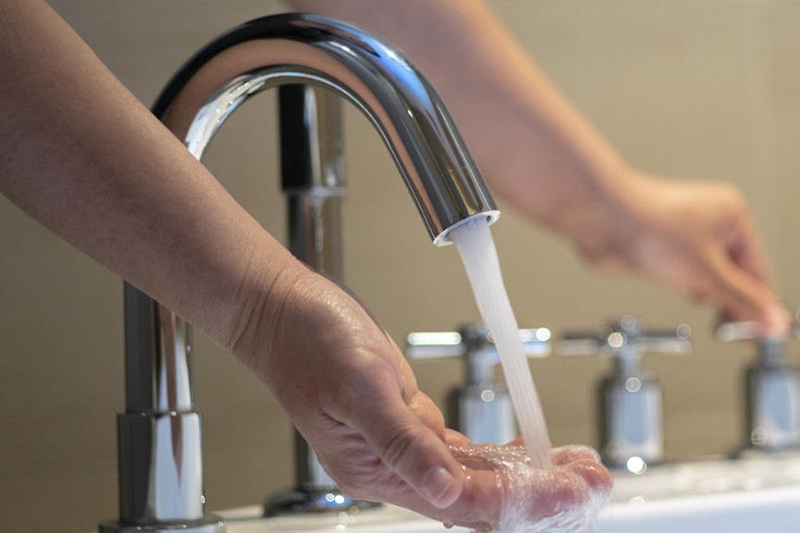Everything to Know About Water Heaters

According to the U.S. Department of Energy (DOE), water heaters are the second-highest source of energy use in the home, accounting for about 18 percent of your Longmont home’s energy.
The average Colorado home uses an average of 64 gallons of water per day. This amounts to $400 to $600 that each household spends on water heating. The average water heater can last 10-15 years. With preventative maintenance, small problems that could lead to failures might get discovered, hopefully preventing complete unit failure.
If you are in need of replacement it might benefit you to know all your options available to you for replacement. Call Carbon Valley Heating & Air today to schedule your water heater maintenance.
At Carbon Valley Heating & Air, we offer water heater preventive maintenance. Depending on the model and fuel, we check and clean the burner and pilot. We check the pressure relief valve to ensure proper operation. The gas pressure, heating elements, and anode rod are all checked to ensure proper operation and efficiency.
We also do a visual inspection for water leaks, rust, and any other problems that might cause your water heater to fail. Storage tank water heater maintenance is included in our Premium Safety and Efficiency Maintenance Agreement.
Types of Water Heaters
At Carbon Valley Heating & Air, we deal with three main types of residential water heaters:
- Electric Storage Water Heater
Electric Water heaters have one or two electric elements that heat the water to a set point on an internal thermostat. Cold water goes into the unit, where it is stored in an internal tank. The elements heat the water, while insulation around the outside of the unit retains the heat. A temperature/pressure relief valve is on the outside as a safety precaution. - Gas Storage Water Heater
Gas storage water heaters have a burner that heats the water. Because of the combustion process, gas water heaters need a discharge vent to the outdoors. Cold water comes into the storage tank, the burner heats the water, and hot water exits the water heater. Atmospheric sealed-combustion models have mechanisms in place to make sure that heat loss associated with venting outdoors is minimized, making them more efficient to operate. - Tankless Water Heaters
Tankless water heaters provide hot water only as needed. They don’t have a storage tank, so standby energy losses associated with storage tank water heaters are reduced. Gas models use a burner, and electric models use an element to heat water as it passes through a heat exchanger. Tankless models usually have an average lifespan of up to 20 years with annual preventive maintenance.
Water Heater Efficiency
To maximize energy and operating cost savings, look for an energy-efficient water heater. Energy Factor (EF) is based on the amount of hot water produced per unit of fuel consumed.
The EF includes three parts. First, the recovery factor is how efficiently the heat from the burner or element was transferred to the water. Second, standby losses account for the heat loss per hour from the stored water compared to the water’s heat. Finally, cycling losses are the loss of heat as the water circulates through the tank or pipes. Be sure to select a model that is as efficient as you can.
DIY Water Heater Tips
- If you have a storage water heater, make sure to flush a quarter of the water from the tank every three months and check the temperature and pressure every six months.
- Replace the anode rods as needed to extend the life of the unit; a timeframe is tough here as it depends on the pipes, whether or not you have hard water, and the sediment that comes into the water heater from the water source.
- Check your drains every six months to ensure there are no clogs.
- Visually inspect the outside of your unit to make sure there are no rust spots or small leaks. If you see either, that could be a sign of impending failure.
- Test the pressure relief valve on the unit to ensure it is working correctly.
- When going out of town, adjust the temperature on storage water heaters to “vacation” to maximize energy savings while you are away.
Call Your Water Heater Experts Today
Carbon Valley Heating & Air has installed and serviced hundreds of water heaters in Longmont, CO. Schedule a free consultation today. Call us at 720-336-2599 or request service online.
